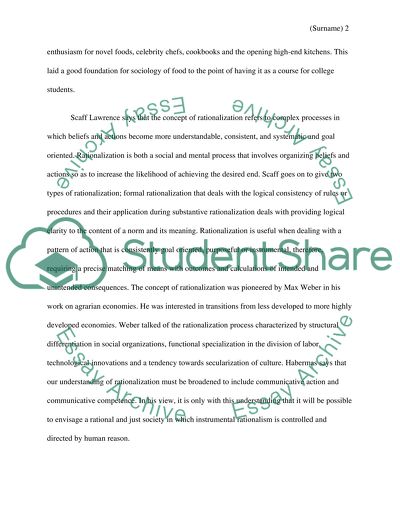Cite this document
(“Annotation #2 Essay Example | Topics and Well Written Essays - 1500 words”, n.d.)
Annotation #2 Essay Example | Topics and Well Written Essays - 1500 words. Retrieved from https://studentshare.org/sociology/1639011-annotation-2
Annotation #2 Essay Example | Topics and Well Written Essays - 1500 words. Retrieved from https://studentshare.org/sociology/1639011-annotation-2
(Annotation #2 Essay Example | Topics and Well Written Essays - 1500 Words)
Annotation #2 Essay Example | Topics and Well Written Essays - 1500 Words. https://studentshare.org/sociology/1639011-annotation-2.
Annotation #2 Essay Example | Topics and Well Written Essays - 1500 Words. https://studentshare.org/sociology/1639011-annotation-2.
“Annotation #2 Essay Example | Topics and Well Written Essays - 1500 Words”, n.d. https://studentshare.org/sociology/1639011-annotation-2.


